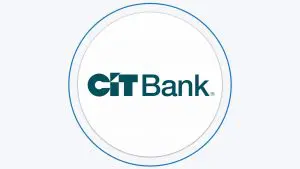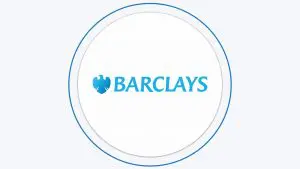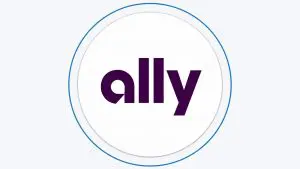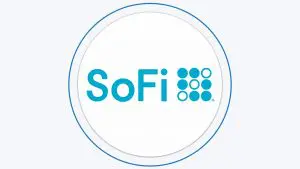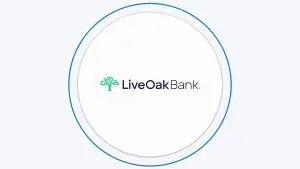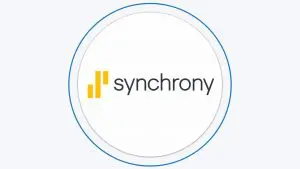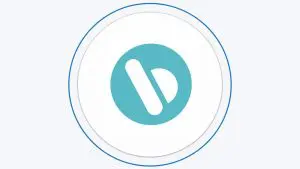Table Of Content
How Savings Account Work?
A savings account is a type of bank account that is designed to help people save money. It is offered by banks, credit unions, and other financial institutions. The main feature of a savings account is that it pays interest on the money deposited into the account, allowing the balance to grow over time.
Savings accounts are typically used to save money for short-term or long-term goals, such as building an emergency fund, saving for a down payment on a home, or putting money aside for a vacation.
Unlike checking accounts, which are designed for frequent transactions and may not pay interest, savings accounts are designed for infrequent withdrawals and typically pay interest on the account balance.

How Do I Know If I Need A Savings Account?
If you're considering opening a savings account, here are some questions you should ask yourself to determine whether it's a good idea for you:
-
What Are My Financial Goals?
To determine whether a savings account is a good idea for you, you need to consider your financial goals.
Ask yourself what you're saving for, whether it's a short-term goal like a vacation or a long-term goal like retirement. If you're saving for a short-term goal, a savings account may be agood option because it's a safe and reliable place to save your money, and it's easily accessible if you need it.
However, if you're saving for a long-term goal, such as retirement, you may need to consider other types of investments that offer higher rates of return, such as stocks, bonds, or mutual funds. These investments have greater potential for growth, but they also carry more risk than a savings account.
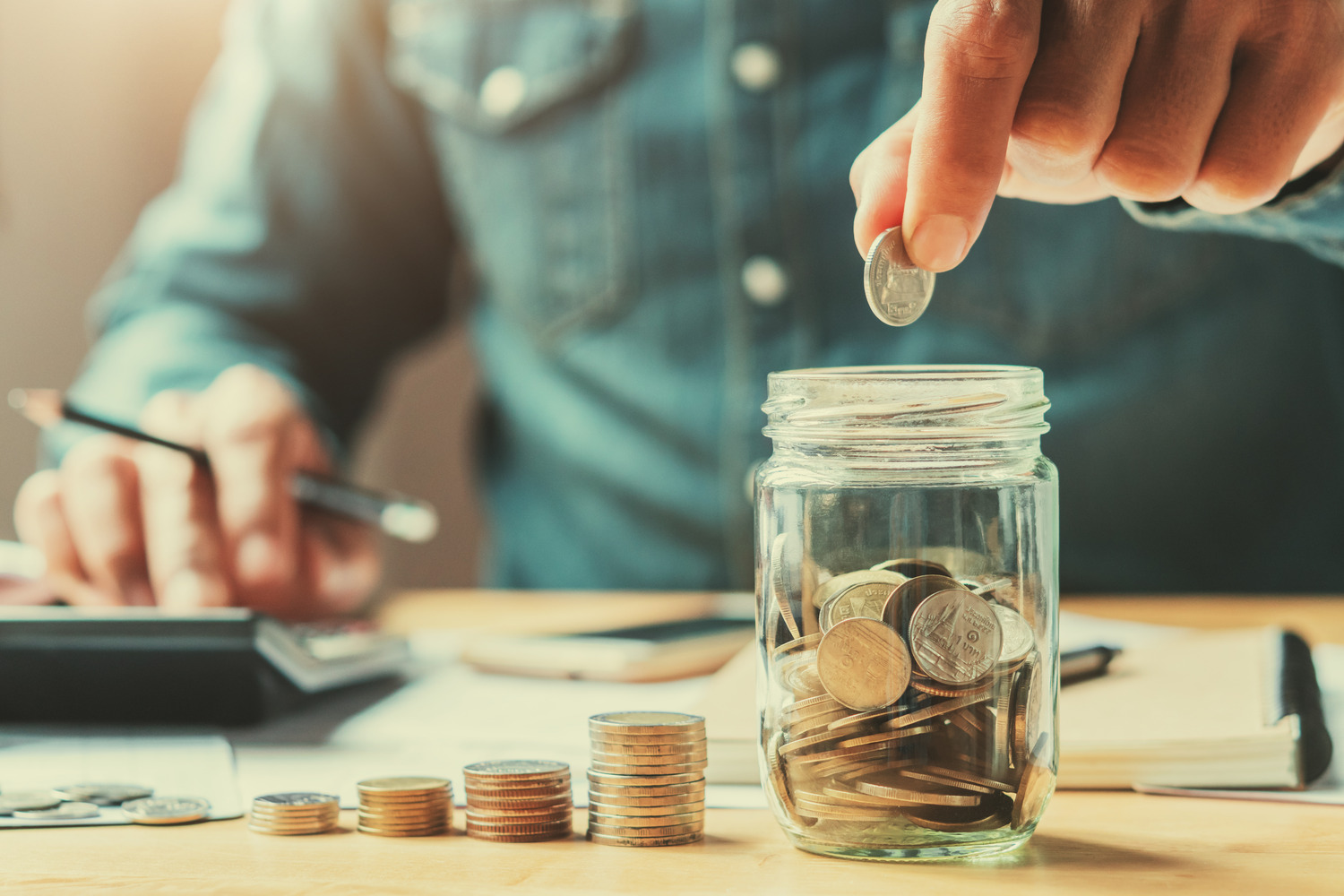
-
What Is My Risk Tolerance?
The interest rates on savings accounts are typically lower than the potential earnings on other investment options, such as stocks or mutual funds.
However, unlike stocks, mutual funds, and even bonds, the return on investment from a savings account is predictable, which can be beneficial if you have a short-term goal and need to know how much you'll have saved by a certain date.
Some people are comfortable with taking risks when it comes to investing their money, while others prefer to take a more conservative approach. If you're someone who prefers to play it safe, you may be more comfortable with a savings account, which is a low-risk, low-reward option for saving your money.
-
How Much Money Do I Have To Deposit?
Another important consideration when considering a savings account is how much money you have to deposit.
Some banks and credit unions require a minimum deposit to open an account, so you need to determine how much money you have available to deposit. Keep in mind that the more money you deposit, the more interest you'll earn on your savings.
However, don't feel like you need to have a large amount of money to open a savings account. Even a small amount of money saved regularly can add up over time, and it's a good habit to get into. Some banks and credit unions even offer “no minimum deposit” savings accounts, so you can start saving with whatever amount you have available.
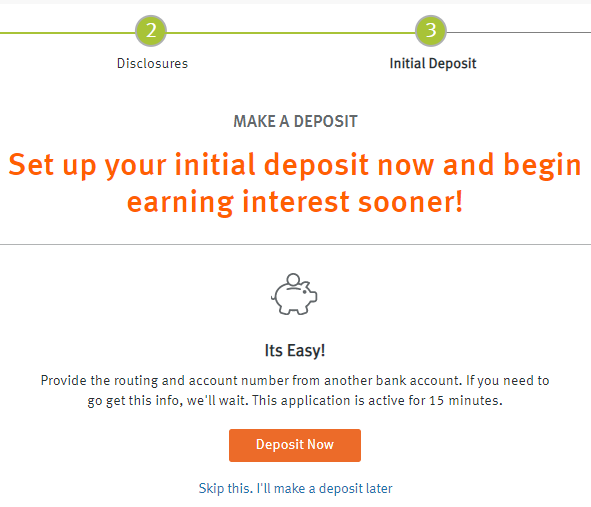
-
How Accessible Do I Need My Money To Be?
One of the advantages of a savings account is that you can access your money quickly and easily in case of an emergency.
If you think you'll need frequent access to your savings, you may want to consider a savings account. You can make up to 6 withdrawals each month and sometimes even more.
However, if you don't need your money to be liquid, you can choose other deposit options that offer higher interest such as CDs.
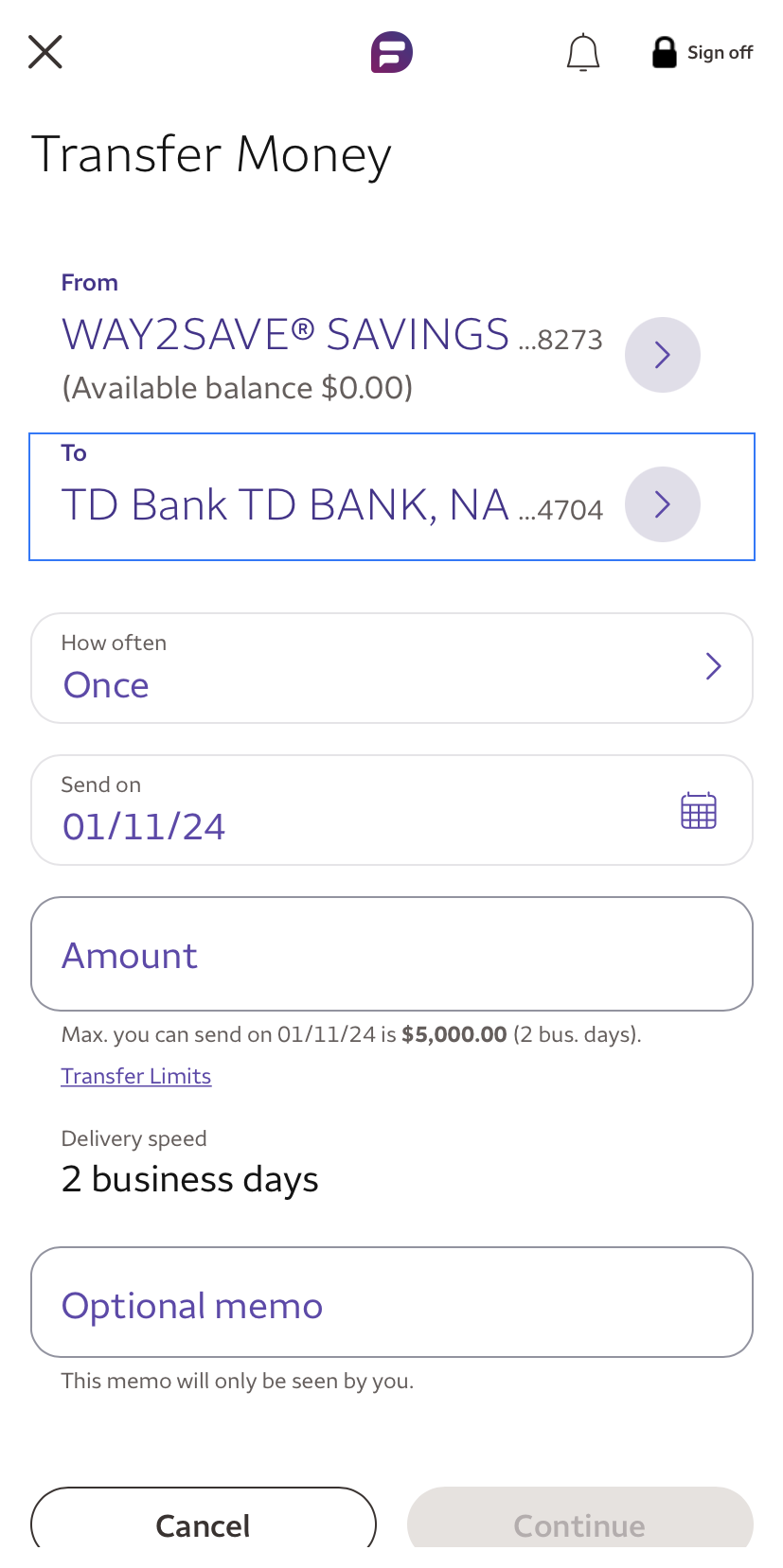
-
What Is Your Market Expectations?
During the last ten years, stocks, real estate, and other investment options had higher yields than a savings account. However, the trend and economic environment have changed – the high rates and the decreasing earnings of businesses may continue and drive the alternatives down.
If you think we are getting closer to a recession, a savings account may be a good idea for you. However, if you think the economic situation will get improved soon, you may want to put your money in investments that may drive you a better return on your money.
When Savings Account May Not Be A Good Idea?
While savings accounts can be a useful tool for saving money, there are some situations where they may not be the best choice. Here are a few scenarios where a savings account may not be the best idea:
When you have high-interest debt: If you have high-interest debt, such as credit card debt or a personal loan, it may not make sense to put your money into a savings account. The interest you earn on your savings will likely be less than the interest you're paying on your debt, so it's often better to pay off your debt first before focusing on saving.
When you need to access your money frequently: While savings accounts are designed to be liquid and easily accessible, some banks and credit unions may limit the number of withdrawals you can make each month. If you need to access your money frequently, you may need to consider a different type of account, such as a checking account or money market account.
When the fees outweigh the benefits: Some savings accounts may charge fees for maintaining the account or exceeding certain limits, such as the number of withdrawals or minimum balance requirements. If the fees associated with a particular savings account outweigh the benefits of having the account, you may want to consider other options.
Overall, while savings accounts can be an excellent tool for building an emergency fund, saving for a short-term goal, or earning some interest on your money, they may not be the best choice in every situation.
It's essential to consider your financial situation and the questions we mentioned above to determine whether a savings account is the right choice for you.

How To Choose A Savings Account?
Choosing a savings account can seem overwhelming with so many options available. Here are some factors to consider when choosing a savings account:
Interest rate: Look for a savings account that pays a competitive interest rate. While interest rates can vary between banks, it's important to shop around to find the highest savings rate possible. Keep in mind that some accounts may require a higher balance to earn the highest interest rate.
- Online access and mobile app: Consider the bank's online access and mobile app. Some banks offer easy and convenient online and mobile access to your savings account, which can be helpful for managing your savings on the go.
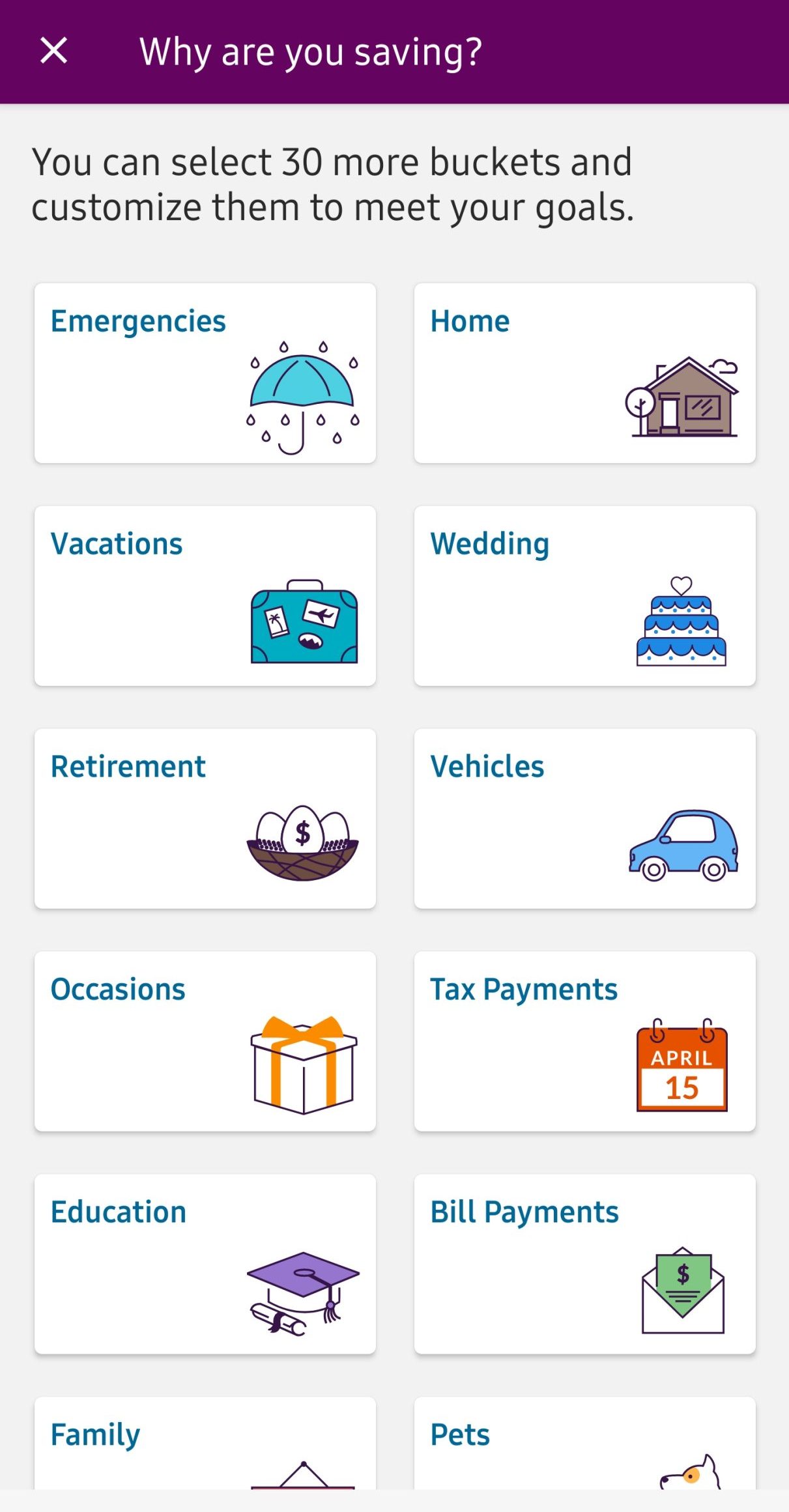
- Fees: Consider the fees associated with the account, such as monthly maintenance fees, ATM fees, and transaction fees. Look for a savings account with low or no fees.
- Bank reputation and customer service: Look for a bank with a good reputation and excellent customer service. Read reviews from other customers to get an idea of the bank's reputation for customer service.
Minimum deposit and balance requirements: Some savings accounts may require a minimum deposit to open the account or a minimum balance to avoid fees. Make sure to choose an account that fits your budget and financial situation.
Bank Financial Stability – especially if you put a large sum of money, ensure your bank's financial situation is strong. You can check out recent financial reports, credit agency ratings, and exposure to high-risk investments.
FDIC or NCUA insurance: Make sure the bank or credit union is insured by the Federal Deposit Insurance Corporation (FDIC) or the National Credit Union Administration (NCUA). This ensures that your deposits are protected up to $250,000 in case the bank or credit union fails.
By considering these factors and comparing different savings account options, you can find a savings account that meets your needs and helps you reach your financial goals.
Savings Account Alternatives
While savings accounts are a popular choice for saving money, there are other types of accounts and investments that can be used as alternatives. Here are 5 savings account alternatives:
Certificates of deposit (CDs): Certificates of deposit are a type of savings account that requires you to lock your money away for a set period of time, typically ranging from a few months to several years. CDs offer a fixed interest rate, so you'll know exactly how much you'll earn on your investment. CDs may require a higher minimum deposit and may charge a penalty for early withdrawal.

- Treasury bonds: Treasury bonds are issued by the U.S. government and offer a low-risk way to invest your money. Treasury bonds offer a fixed interest rate and a guaranteed return on your investment. They are available in different maturities, ranging from a few months to 30 years. It offers lower yield compared to CDs.
Money market funds: Money market funds are a type of mutual fund that invests in short-term, low-risk securities such as government bonds and commercial paper. They offer a higher interest rate than a savings account, but they are not insured by the FDIC or NCUA. Money market funds are a good choice for investors who are willing to take on a slightly higher level of risk for a potentially higher return.
- Money market accounts: Money market accounts are similar to savings accounts in that they are low-risk and offer a higher interest rate than a checking account. Money market accounts generally require a higher minimum balance and may offer check-writing privileges. They are insured by the FDIC or NCUA, making them a safe choice for your money.
Overall, these savings account alternatives offer different features and benefits. It's important to consider your financial goals and risk tolerance when choosing the right investment for you.





